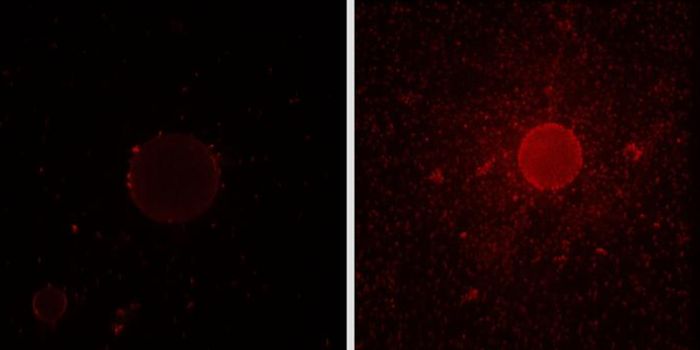Researchers from the Harvard School of Public Health just published a detailed survey of Boston’s subway-dwelling microbes.
Why, you ask? The idea is that knowing which microbes share our public spaces could help predict outbreaks of disease. According to study author Curtis Huttenhower, these results “establish a baseline against which deviations can be used as an early warning system to monitor public health”.
The group collected samples from a wide variety of surfaces at five Boston subway stations - seats, walls, hand rails, hanging grips, and ticket machine touchscreens. The researchers then used metagenomic sequencing technology to analyze the samples.
They found that the way we humans interact with a surface determined what type of microbe inhabited it (not surprising, really). For example, microbes commonly found on the skin were found on frequently-touched surfaces such as hand rails and touch screens, and vaginal microbes (often transferred via clothing) were found on seats.
The group also found plant-associated microbes on touchscreens and other outdoor surfaces (not because plants ride the subway).
What was most surprising to the authors, however, was the fact that they found so few pathogenic microbes. With so many people in such close contact, they expected the subway to be a hotbed of disease activity (ok, maybe a little extreme).
According to Huttenhower, “we were surprised to find that the microbes that we collected on surfaces that people touch—and sometimes sneeze on—had low numbers of worrisome pathogens or antibiotic resistance genes. These environments have drastically lower virulence profiles, in fact, than are observed in a typical human gut.”
What’s next for the project? The group wants to determine which of these microbes are actually alive (and thriving?!) in the subway. This information will help them understand which microbes could be transferred to unsuspecting commuters.
Source: Phys.org,
mSystems









